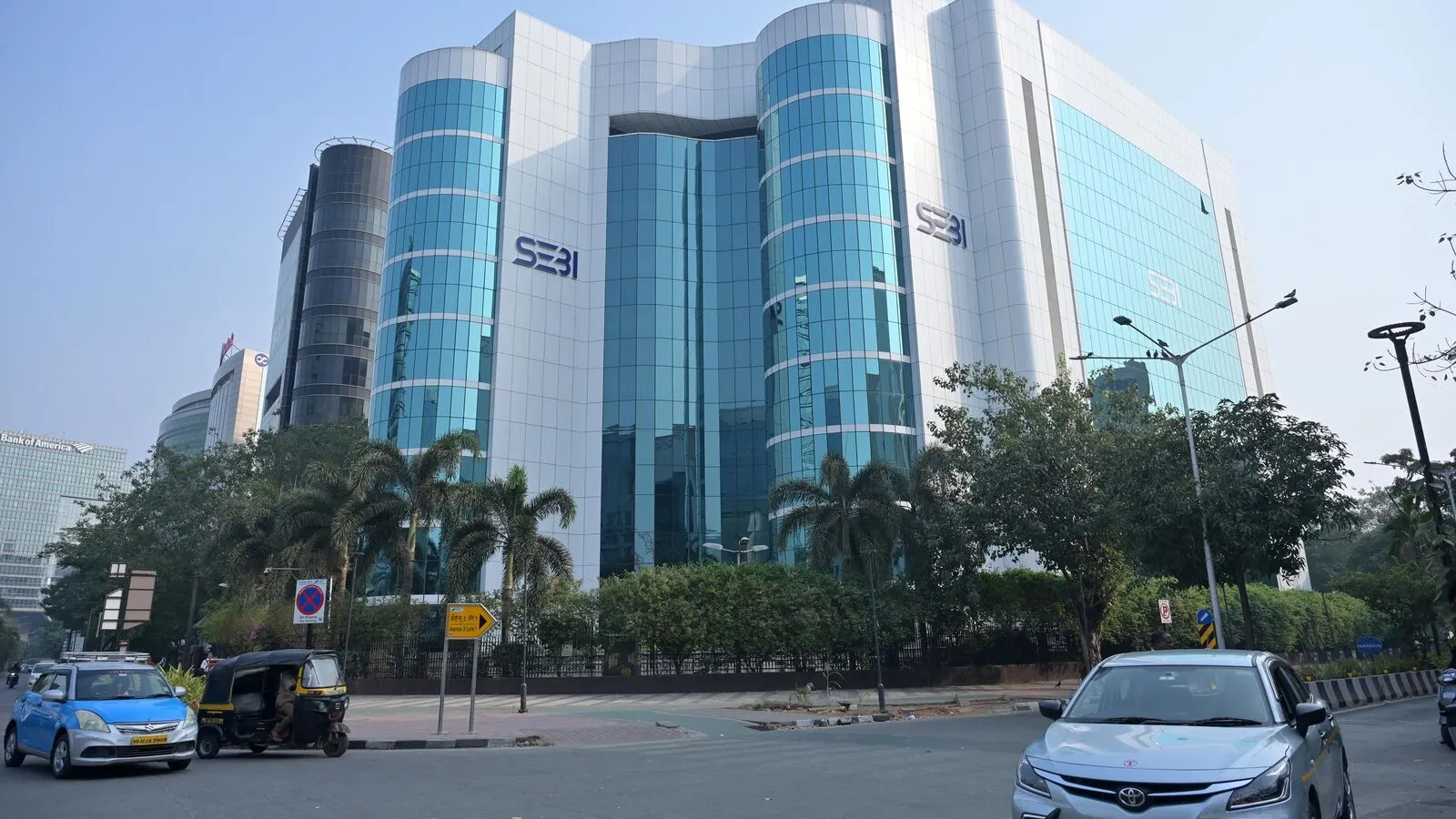Sebi engages with venture capital funds directly to smoothen transition to AIF

People aware of the matter told Mint that Sebi’s outreach—both independently and through industry associations such as the Indian Venture and Alternate Capital Association (IVCA) and the Private Equity and Venture Capital Chief Financial Officer Association (PEVCCFO)—helped clarify longstanding challenges and led to the extension for VCFs to wind up expired schemes.
Sebi’s engagement came amid concerns over a tepid response to its 2024 circular offering VCFs an opportunity to migrate under specified conditions. Many VCFs, some of which still operate despite the expiry of their scheme lifespans, have yet to begin the transition.
Also read: IndusInd board says it didn’t know. Sebi thinks it did. Now what?
Through IVCA and directly, the regulator reached out to VCFs to find out why they are not doing the migration,” said Rahul Shah, executive vice president at IVCA.
He explained that in the meeting, IVCA’s members clarified that they were trying to liquidate the balance investments and then apply for migration. “They also wanted to see if they can liquidate and wind up the VCF, instead of undertaking the process of migration,” Shah said.
The VCF structure, governed by Sebi’s 1996 regulations, was designed to promote early-stage and unlisted startups. However, with the rollout of the AIF Regulations in 2012, which offer broader coverage for private investment vehicles, Sebi has been steering the industry toward a single, modernized regime.
Under the new framework, VCFs fall into Category I AIFs, alongside SME, social venture, and infrastructure funds. In its July 2024 circular, Sebi allowed eligible VCFs with unexpired or unwound schemes holding residual investments to migrate as “Migrated VCFs”. Those unwilling to migrate may continue operating under the old rules until their schemes close, or surrender registration if all activities are complete.
However, industry feedback revealed outdated contact records and confusion around the regulatory shift. To address these issues, Sebi enlisted IVCA and PEVCCFO to help communicate the changes.
Also read: Sebi to roll out new F&O risk measures in phases
Sebi was told by the associations that even after migration, the liquidation of assets is still to be undertaken by funds, which has its own set of issues.
“The extension helps buy critical time to clean up without compromising on governance. For one, a rushed transition could have adverse effects on fund performance and investor returns,” said Shruthi Cauvery, founder and managing partner of VAIA, a firm advising VCFs.
She noted that fund managers and family offices were still grappling with the AIF regime’s reporting and compliance requirements. “There is some concern that this extension might lead to prolonged uncertainty, and I think that might lead to extended delays as well unless strict timelines are imposed.”
Shah emphasized that some VCFs continued operating well past their permitted tenure. “Sebi overlooked then. But now you have time till July 19, 2025 (to migrate) without any penalty. If there are VCFs who will continue operating without the migration process, Sebi may not look at it nicely,” he said.
He added that Sebi is open to supporting compliant funds: “If you first migrate and take your problem to Sebi, it will hear you.”
Not everyone in the industry supports a blanket migration approach. A VCF manager, speaking on condition of anonymity, questioned its necessity in certain cases. “If they have a single investor, or if the promoter is missing, liquidation will be difficult. Why to migrate then?” the manager asked.
Also read: Sebi’s co-investment plan wins fund favour; lawyers warn of tax, legal cracks
Still, most agree the move reflects Sebi’s intent to bring all pooled investment vehicles under a unified regulatory framework. “VCFs were born under a different regulatory mindset and AIFs represent the evolved, principles-based framework Sebi wants to standardize for all pooled investment vehicles going forward,” said another fund manager, also speaking anonymously.
Only VCFs with clean records and no pending investor complaints can opt for migration, Sebi has clarified.
“Sebi’s extension of the additional liquidation period gives VCFs more room to transition into the AIF regime without triggering regulatory action. However, this opportunity is reserved for clean and compliant funds—those free from unresolved investor complaints or governance issues,” said Venkatesh Chitla, client relationship manager at SBI-SG Global Securities Services Pvt. Ltd.
Common disqualifiers, he added, include onboarding ineligible investors, incomplete know your customer (KYC) or anti-money laundering checks, side letters offering preferential terms, or breaches of investment conditions.
“For legacy funds nearing maturity or inactive, the compliance burden may outweigh the benefits of migration, leading to some consolidation in the space. But for institutional fund houses aiming to align with global best practices and continue raising capital, this is a strategic chance to clean up structures and reposition under a modern regulatory regime,” Chitla said.
Legal professionals also welcomed Sebi’s move.
“The certainty that the recent extension circular provides particularly for funds in the process of seeking migration or awaiting Sebi’s approval cannot be overstated,” said Anita Jain, partner at IC Universal Legal.
She noted that the extension gives managers sufficient time to plan asset liquidation in an orderly and investor-friendly manner.
“Without this extension, VCFs that had already migrated but whose liquidation period had expired prior to migration, were under pressure to make immediate decisions either to exit all underlying investments or undertake in-specie transfers and file for winding-up by July 19, 2025, or to finalize the dissolution plan with investors and file the dissolution plan application with Sebi within the same timeframe,” Jain explained.
“The additional year offers much-needed flexibility, enabling fund managers to take well-considered, strategic decisions in the best interest of investors,” she added.
Even as the extended liquidation period is seen as a relief, Sebi has made its message clear: the VCF regime is being phased out. Only those willing to align with the AIF framework will be able to continue operations post-migration.








